This month, former TLC Free Read recipient Sophie Campbell shares the story of her journey to self-publication for her powerful memoir, ‘Breakfast at Bronzefield’, which depicts her experiences inside HMP Bronzefield, the UK’s largest women’s prison.
When I made the decision to write about my experiences inside the UK’s largest women’s prison – HMP Bronzefield – the road ahead seemed pretty clear. First, I would try and find a literary agent, and second, hope that a publishing house would be keen to publish my story.
After a few rejections from a number of agents I received an invite from a well-known agency to discuss my project in detail. I couldn’t have been more excited, but when I arrived at their offices one afternoon, I was unable to set aside the feeling that something wasn’t right.
I talked with the agent about how keen I was to use Breakfast at Bronzefield to change the narrative concerning women in prison. However, I was told rather breezily that while my lived-in experiences all sounded very interesting, wouldn’t it be better if I wrote about BAME female prisoners who struggle with drug addiction, prostitution or attending their court appearances. The assumption being that ethnic-minority prisoners are more likely than their white counterparts to struggle with literacy.
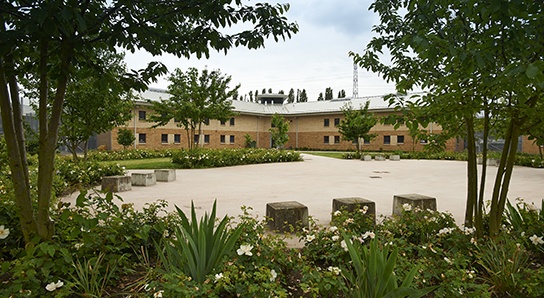
An awkward silence soon followed when I said most of the BAME women I encountered in prison had degrees or failing that had worked for years. Very few I befriended had been convicted of drug or solicitation offences, nor were they single mothers with a violent partner lurking in the background. My experiences with that agent convinced me that I had two choices; either change the book so that it would better resemble the female prisoners people have come to know in print or on TV, or else self-publish.
I immediately dismissed the first option. Why bother writing a memoir that says the same old thing or worse, downplays the reality of a situation? Growing up I was the first person to switch on the TV when ITV drama Bad Girls was airing – I couldn’t get enough of that show. When I went to prison, I fully expected to come across the familiar caricatures, but as most people know there’s a big difference between what we see on TV and what goes on in real life.
My experiences with that agent convinced me that I had two choices; either change the book so that it would better resemble the female prisoners’ people have come to know in print or on TV, or else self-publish.
I won’t pretend that everyone I met at HMP Bronzefield were saints – myself included – but only a handful fit the stereotype of being prolific offenders who float in and out of prison. Unfortunately, due to these stereotypes female prisoners are rarely given the opportunity to educate themselves inside an institution that continues to provide them with a gendered education, based on the assumption that women who offend do better in a ‘gender specific service.’ It’s no surprise that female offenders fare less well economically in comparison to men two years on from their release, as the training given is designed to tie them permanently to the home or low-paid employment.
I was determined to use Breakfast at Bronzefield to initiate meaningful prison reform which meant telling the complete truth about my experiences. An admirable challenge I thought at the time, but as a full-time student, I wondered how on earth I could afford to self-publish. It hadn’t taken me long to do the maths. The costs associated with hiring a freelance editor, proof-reader, typesetter, cover designer and printer added up to thousands of pounds. Having come across a few self-published books where it was obvious the author had cut corners with the cover or copy-editing process; I knew if I wanted to get my message across, I had to do things properly no matter what the price.
I managed to come up with the money and by October began the process of narrowing down freelance editors and cover designers with the assistance of SfEP, Design Juice and Clays Indie Publishing. I briefly toyed with the idea of hiring a PR agency but once I managed to convince the person in charge that although Breakfast at Bronzefield would be independently published it was still worth a read, I balked at the fees quoted that included a 2K monthly spend for a minimum period of 2-3 months.
It’s no surprise that female offenders fare less well economically in comparison to men two years on from their release, as the training given is designed to tie them permanently to the home or low-paid employment.
I realized at that point if I wanted the project to succeed, I would have to take on many different roles, from PR aficionado to NetGalley approver. In the beginning it wasn’t easy. However, once the editors began working their magic on my manuscript I had more free time to approach newspapers and bloggers with review requests.
Perhaps it had been naiveté on my part, but I didn’t expect my emails to be greeted with radio silence or else receive the standard rejection letters with a small comment added at the bottom informing me that they don’t review self-published titles. How on earth could I expect anyone to care about what happened in Bronzefield if no-one was prepared to feature my work?
By time COVID-19 hit I almost felt like delaying publication or giving up altogether. What stopped me was the realisation that I’d been in trickier situations before and hadn’t given up then. I was also determined to build traction for the book so that it could go some way to helping writers whose voices are still underrepresented in the publishing industry.
I’ve always believed that you can’t sit around and wait for someone to hand you an opportunity. You have to be prepared to create your own opportunities and Breakfast at Bronzefield is proof of that.
I’ve had many conversations with fellow writer friends who feel the pressure to tell a particular type of story because of their class, race or even sexual orientation. Stories that often do more harm than good as it gives the impression that people from certain backgrounds live, think and act in a near identical way, when nothing could be further from the truth.
Just when I thought the project would fail before it even started, I received word from the Literary Editor of the Irish Independent that she would run a review of the book closer to publication. After that, things started to pick up. Remarkably Editorial Expert, Liz Robinson, selected it as her ‘Liz’s Picks of the Month for June’ at LoveReading, the UK’s leading book recommendation website. A number of popular Goodreads reviewers, bookstagrammers and activists have agreed to read the book in advance of publication and audio publisher, W. F. Howes, recently made an offer to turn Breakfast at Bronzefield into an audiobook.
Although I’m still a good few weeks away from publication, and success is far from certain I’m proud that I forged ahead with the project despite the challenges I’ve faced.
I’ve always believed that you can’t sit around and wait for someone to hand you an opportunity. You have to be prepared to create your own opportunities and Breakfast at Bronzefield is proof of that.
Breakfast at Bronzefield will be published on June 22nd and is available to pre-order from Foyle’s now.
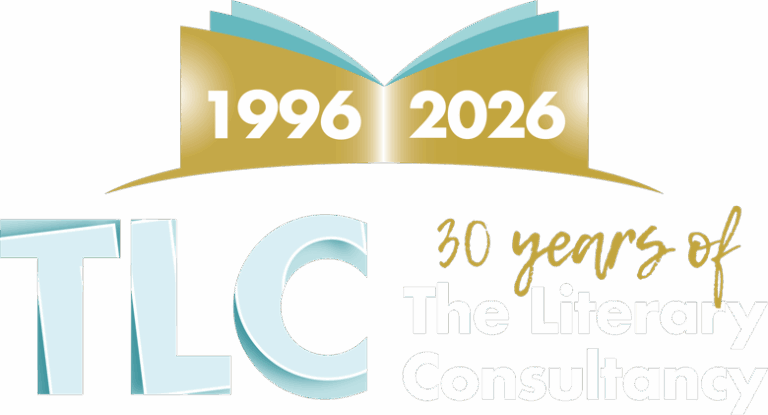
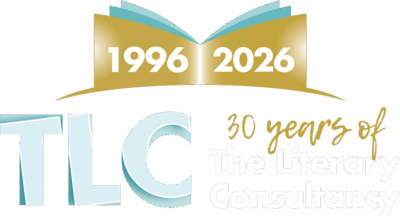

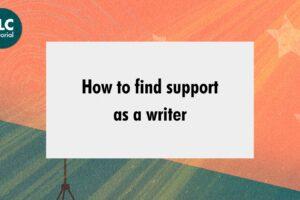

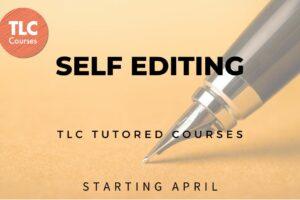


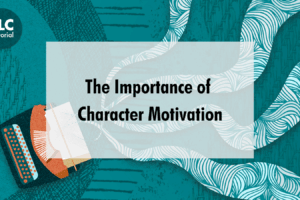
8 responses
Very inspiring Sophie – I look forward to reading your truth telling book. Based on real experience.
Does anyone have a copy of this book?
Hi Finola, we’ve contacted the author for you! Will revert back with any details about when the book might be back in stock. TLC
Hi, any news from the author on when I can get the book?
Hello Finola, unfortunately the title is currently only available in audio (via Amazon). There are currently no plans for a reprint but you can keep up to date with the author and contact her directly via her website: https://www.sophiecampbellbooks.com/
I’m currently reading your book after receiving a copy through NetGalley. I’m absolutely knocked backwards at your incredibly candid and thought provoking writing. I’ve read 2 books written by prison workers, but yours is the first I’ve read from an inmate’ s pov. Your statistics are so fascinating and I’m so glad you included them throughout the book in all the right places. I’m certainly having my mind blown about my own pre-conceptions of women prisoners I didn’t even know I had, and I’m so glad I am being enlightened and corrected. Thank you for not bending your outlook and goal for this book, and thank you for sharing it with the world.
Sophie
I’m writing a book about women’s mental health and feminism, and currently researching the chapter on women in prison. I’m going to be listening to your book shortly, but would really like to interview you too. If you do see this comment, I am on twitter @suzypuss and my DMs are open. Please let me know if you would be able to have a chat. best wishes Linda
Can I buy a copy off of anyone that has read theirs please